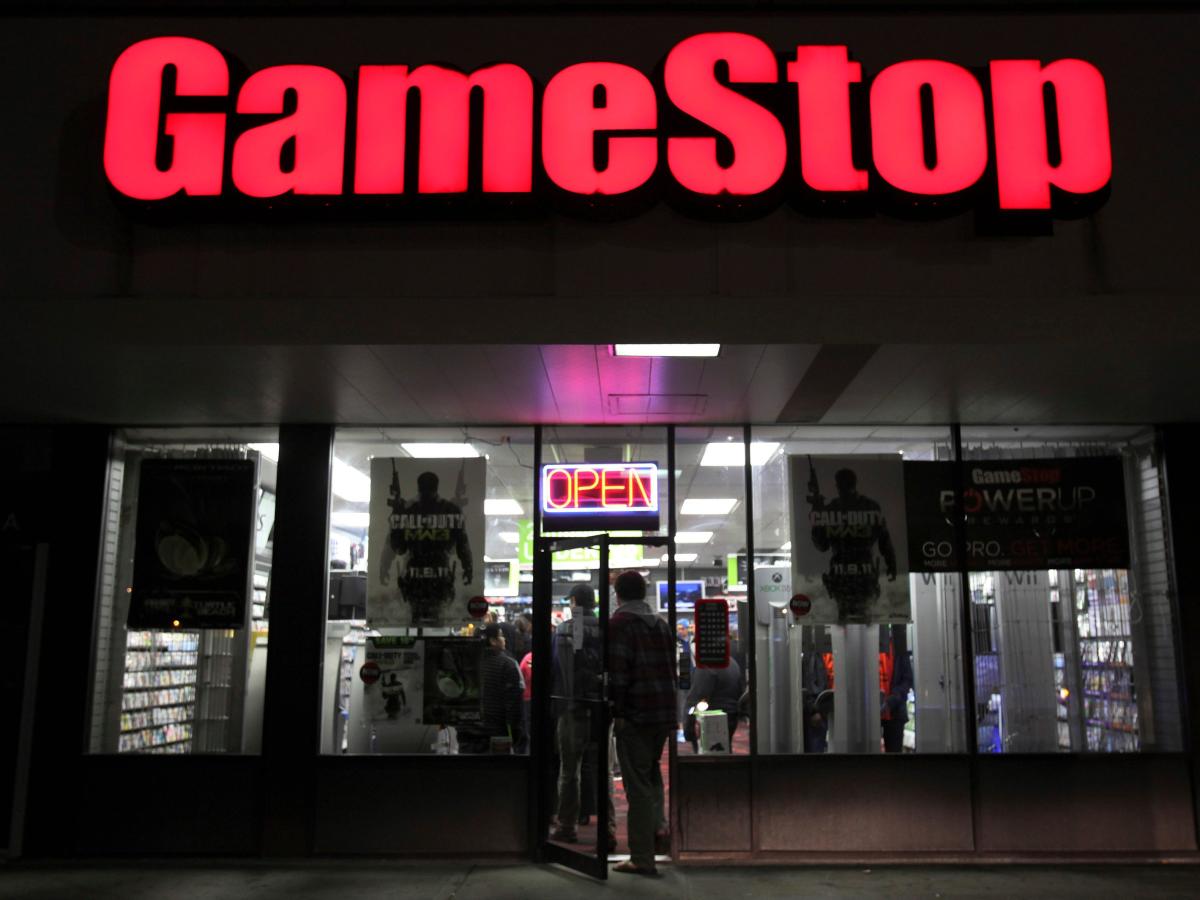Bussiness
The meme-stock rally is dead as reality sets in amid GameStop’s warning on revenue and plan to sell 45 million shares

-
GameStop’s meme-stock rally officially ended on Friday after the company announced plans to sell 45 million shares.
-
The struggling video game retailer also said it expects a 29% decline in first-quarter revenue compared to last year.
-
GameStop said the extreme rally in its stock does “not appear to be based on the underlying fundamentals of our business.”
It was fun while it lasted.
This week’s meme-stock rally that sent shares of GameStop surging as much 271% is done.
GameStop stock plunged as much as 29% on Friday to $19.70, down 70% from its intra-day high on Tuesday, and trading at the levels seen last Friday before the @TheRoaringKitty X account posted a meme that sparked a resurgence in the stock.
The rally in GameStop shares came to its sputtering conclusion on Friday when the struggling video game retailer announced plans to sell 45 million shares in an at-the-market offering, which could result in massive dilution for existing shareholders.
This type of share sale allows GameStop to, at its discretion, sell shares directly in the open market to willing buyers to raise capital, with an upside limit of 45 million shares. This is the same type of share sale agreement that allowed AMC Entertainment to take advantage of this week’s meme-stock rally and raise $250 million in capital.
The only problem for GameStop is it appears too late for the company to take advantage of this week’s meme stock rally, with all of its stock gains having been evaporated.
In a filing made with the SEC, GameStop said it expects first-quarter revenue to decline nearly 30% year-over-year to a range of $872 million to $892 million, and that it expects to see a net loss of $27 million to $37 million.
GameStop also said the company has experienced no fundamental change in its business that would explain the week’s massive price surge.
“We did not experience any material changes in our financial condition or results of operations that would explain such price volatility or trading volume. Furthermore, since January 2021 through the date hereof, the market price of our common stock has seen extreme price fluctuations that do not appear to be based on the underlying fundamentals of our business or results of operations,” GameStop warned investors in the prospectus tied to its share offering.
The company offered a sobering note to anyone interested in its stock:
“Investors that purchase shares of our common stock in this offering may lose a significant portion of their investments if the price of our common stock subsequently declines,” GameStop said.
Read the original article on Business Insider







:max_bytes(150000):strip_icc()/roundup-writereditor-loved-deals-tout-f5de51f85de145b2b1eb99cdb7b6cb84.jpg)


